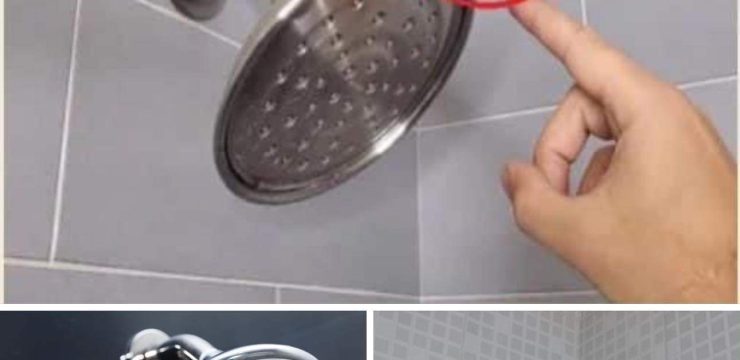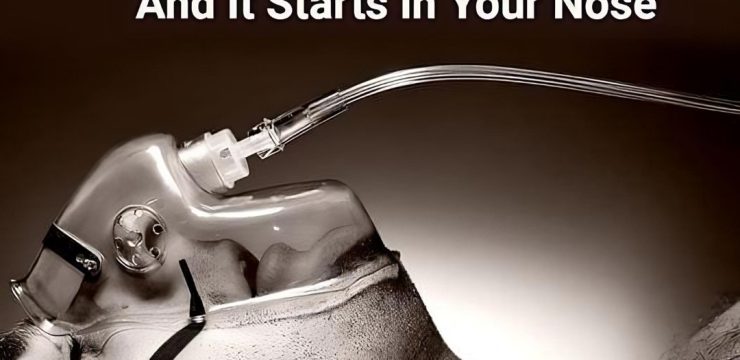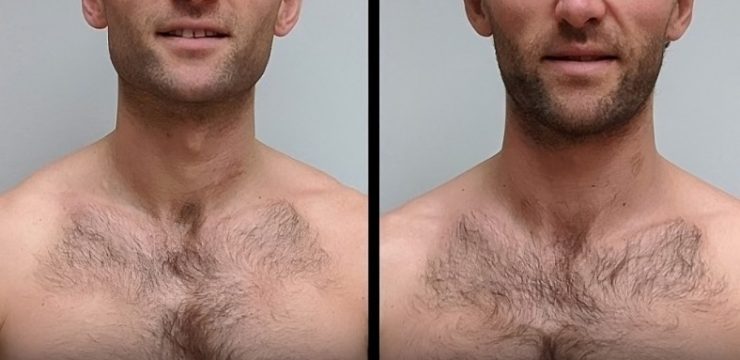There are certain experiences in life that are hard to fully grasp unless you’ve gone through them yourself. One such experience involves a common yet often misunderstood medical tool used in gynecology, family medicine, and even veterinary care—the vaginal speculum. If you’ve never encountered it during a medical exam, its purpose might seem mysterious or even intimidating.

The vaginal speculum, sometimes referred to as a “vaginal valve,” is a specialized device designed to gently separate the walls of the vagina. This allows healthcare professionals to access and view the cervix more easily, which is crucial for various types of exams and procedures. It’s a key instrument during routine check-ups, pap smears, and other tests that are essential for diagnosing and treating numerous health conditions. This tool also finds its place in family medicine for certain types of exams and even in veterinary settings for animal care.
While the thought of using a speculum might be off-putting to some, it serves an indispensable role in preventive healthcare. Routine gynecological exams that involve the use of a speculum help detect early signs of cervical cancer, infections, and other reproductive health concerns. Despite its critical function, the experience of having a speculum used during an exam can be quite unique—often described as uncomfortable or awkward by many women.
During a typical gynecological exam, the healthcare provider asks the patient to lie back on an examination table, placing their feet in stirrups. The speculum, which can be made of either metal or plastic, is then carefully inserted into the vagina. Once positioned, the device is gently opened to provide a clear view of the cervix, allowing the healthcare professional to conduct necessary procedures like pap smears, swabs, or visual assessments. Although this process may cause slight discomfort, it is generally brief and essential for maintaining good reproductive health.
The speculum is a subject of curiosity, concern, and even humor among those who have experienced its use. For those who haven’t, it remains a somewhat mysterious aspect of healthcare. It’s important to understand that this instrument is not intended to cause pain, and healthcare providers are trained to perform the examination as comfortably as possible. Open communication with your provider can help ease any anxiety, making the entire process smoother and less intimidating.
Interestingly, the use of a speculum is not limited to human medicine. In veterinary care, a modified version of the speculum is used for reproductive exams on animals. Its purpose remains the same: to provide a clear view of the reproductive organs, assisting veterinarians in diagnosing conditions or performing procedures like artificial insemination. Whether for humans or animals, the speculum is an essential tool for maintaining reproductive health.
For many people, especially women, their first experience with a vaginal speculum can be nerve-wracking. However, understanding its purpose and the benefits of its use can help make the experience less daunting. The speculum is more than just a tool—it’s a vital gateway to ensuring better reproductive health by allowing early detection, diagnosis, and treatment of potential issues. Whether it’s in a gynecologist’s clinic, a family doctor’s office, or a veterinary setting, the role of the speculum is crucial and irreplaceable.
Ultimately, it’s true: for those who have never encountered a vaginal speculum, it might be hard to fully understand the experience. But for those who have, it serves as a powerful reminder of the importance of regular check-ups and the significant role that medical instruments like the speculum play in healthcare. By facilitating essential screenings and procedures, this device contributes to better health outcomes and peace of mind.





